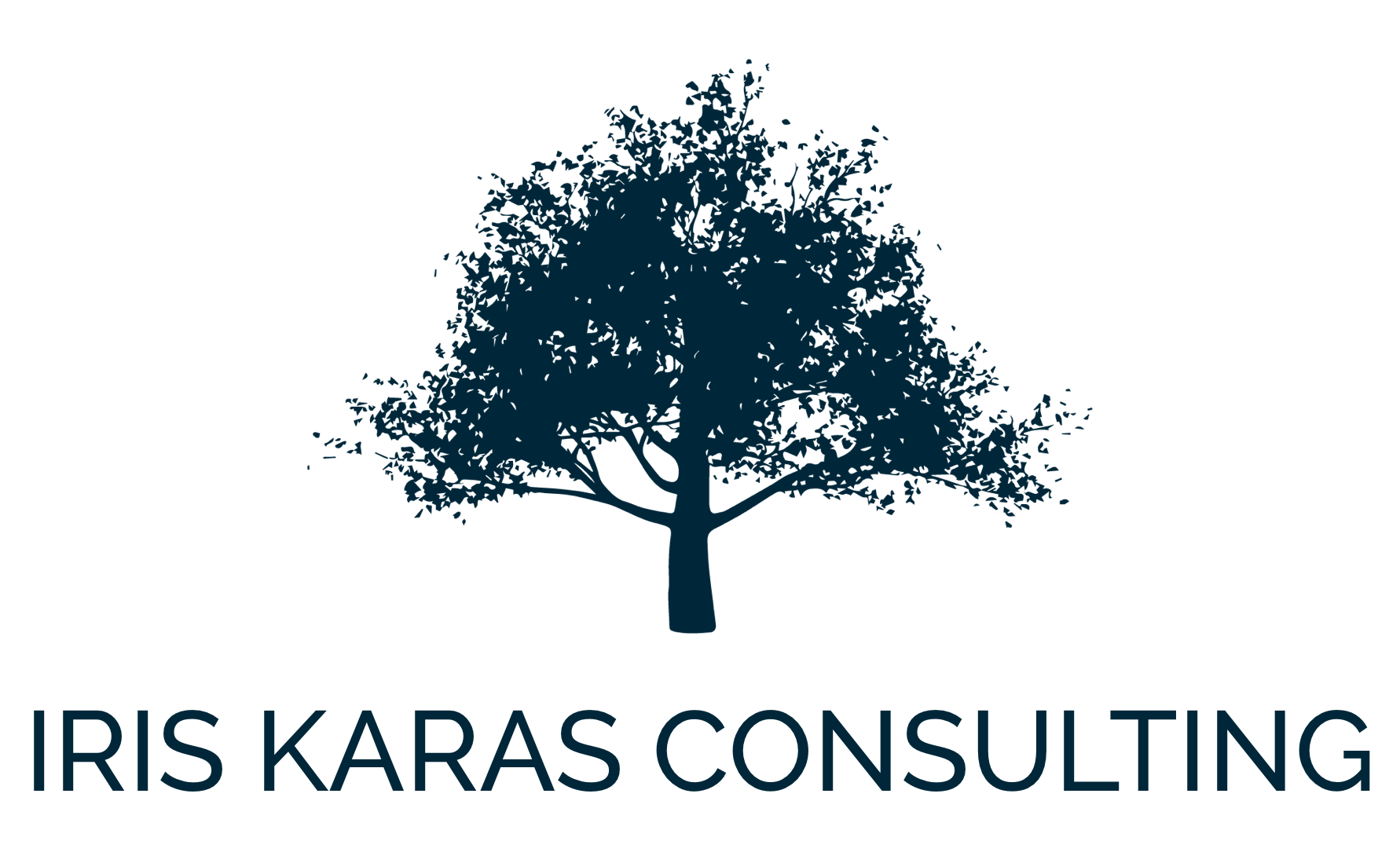Opening Doors
When I first met C, she was a college junior majoring in environmental science. C, like many students, felt the pressure to get an internship—preferably something that would look good on her resume. The only problem was that she couldn’t begin to envision what her dream internship might look like.
And in the course of our meetings it didn’t take her very long to confess that she feared she had probably chosen the wrong major because she simply didn’t enjoy taking soil samples. What do you mean, exactly? I asked.
We talked and she said that she assumed taking soil samples was the extent of what she would be doing in an internship in her field—she just couldn’t imagine how she’d ever enjoy it.
C’s situation perfectly illustrates how too often when we think about what we’d like to do (never mind the burning question of “for the rest of our lives”) we get stuck, especially when we imagine that there is only one way to define a job or profession.
Of course, there are environmental scientists who spend their professional careers happily focused on researching the impact of the environment on soil. But taking samples is not all these scientists do, is it?
What my client didn’t yet realize is that knowing what you don’t want to do is in fact a great place to begin. The next step, and a considerably more valuable one, is to zero in on what about the field of study does arouse passion.
First, we identified true feelings. I helped C to understand why a specific task is unappealing beyond feeling “I don’t want to do it.” Instead she could ask herself why not? What is it about an activity or responsibility that makes her cringe or instantly shake her head no?
Then we brainstormed. In our exploratory talks, C became aware that she’s much more of a people person than she’d realized or had even paid attention to. What else? I pressed. In this process, she began to understand that the kinds of experiences she found particularly gratifying were those that involved opportunities to help people gain mastery over, and build awareness about, various aspects of their environment. Once she understood these things about herself, C had a starting point on her navigation map toward her goal of a dream internship.
Finally, we set to work on getting the right internship by:
• creating a targeted resume
• writing a strong cover letter that showcases C’s strengths
• practicing interviewing skills
So in the process of talking through the negatives—unappealing aspects of something positive aspects often come to light. Then we can uncover what it is that we really would like to do. The same process applies to the positions we know we liked or loved. We can ask ourselves why brainstorming as many reasons as we can.
I encourage you to take a moment to take this approach and begin to imagine what you would seek for your dream internship or job, based on what you know you either don’t like or aren’t good at. Build up the positives from there! What have you got to lose? Your dream job/internship is waiting for you.
One more thought….with every job there are always a few tasks we aren’t thrilled about. If a job or internship seems to offer enough of the things we are passionate about but has a few things we aren’t into, we should consider giving it a try anyway. We may be surprised at the doors that open when we open ourselves to new opportunities and experiences.
“You have changed the entire trajectory of C’s career.”
—C’s mom
